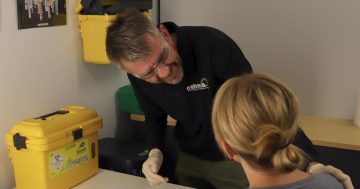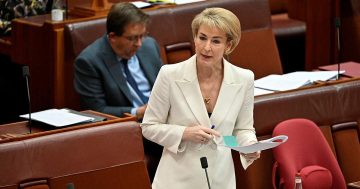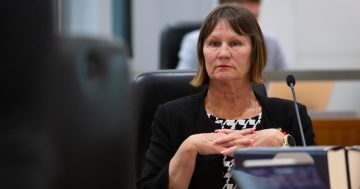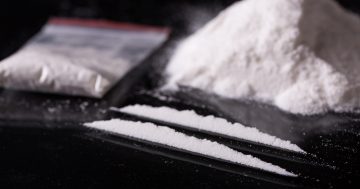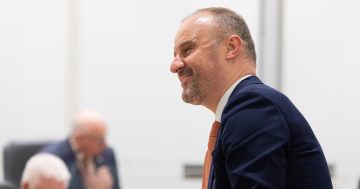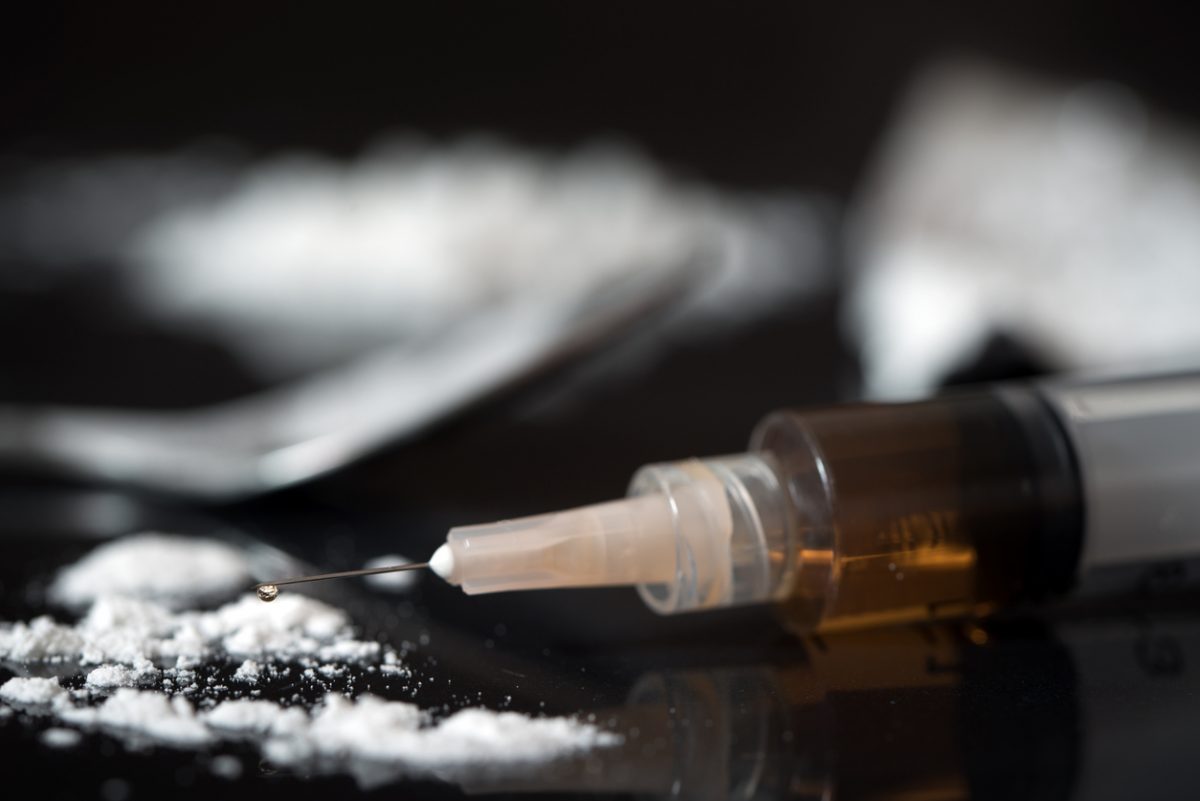
Laws to decriminalise small amounts of illicit drugs will be debated in the ACT Legislative Assembly as soon as the Budget bills are passed. Photo: File.
Drug decriminalisation laws will return to the ACT Legislative Assembly “shortly” as the government calls for community feedback on its updated drug action plan.
In June, the government signalled its intent to support Labor backbencher Michael Pettersson’s Private Member’s Bill to decriminalise small amounts of illicit drugs like heroin and cocaine.
Health Minister Rachel Stephen-Smith described it at the time as the “logical next step” for the Territory.
Once passed, those laws will be the first of their kind in the country.
They would create a simple drug offence notice (SDON) – a fine of $100 – that police would issue to someone caught with certain common drugs below stated thresholds, thereby removing the need for them to interact with the criminal justice system.
The government has stressed that drug trafficking thresholds would remain the same, and dealers will continue to be targeted.
The Drugs of Dependence Bill is expected to come forward for debate following the passing of the 2022-23 ACT Budget bills.
Next week’s sitting (Tuesday, 20 September to Thursday, 22 September) could be disrupted by the one-off public holiday scheduled for Thursday. If it’s not debated in this sitting, it’s expected to be debated in the next (Tuesday, 11 and Thursday, 13 October).
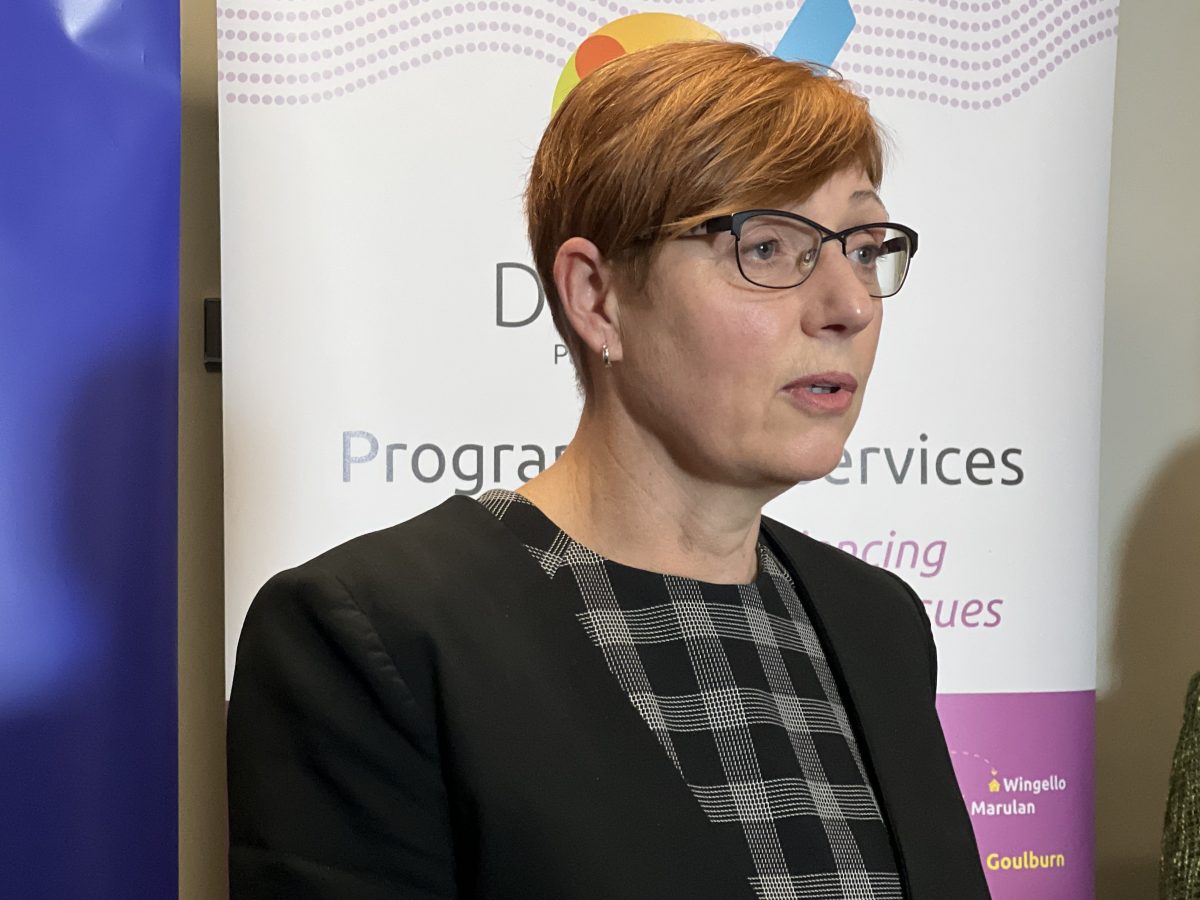
Minister for Health Rachel Stephen-Smith said treatment services were being boosted and expanded and would continue to be so. Photo: Lottie Twyford.
The ACT Government has long stated its aim to treat drug dependence as a health issue, not a criminal one.
Ms Stephen-Smith told reporters on Monday (12 September) that one of the stated aims of the new drug action plan was to reduce people’s interaction with the criminal justice system.
“Engaging with the criminal justice system is a harm in and of itself,” she said.
“It creates stigma and reduces someone’s willingness to come forward and seek treatment.”
The Health Minister refuted criticism that drug decriminalisation laws would increase drug use and harm in the community. She said there was no evidence of this having happened when the Territory legalised cannabis use and possession up to certain limits.
Ms Stephen-Smith also pointed to the Territory’s recently opened pilot fixed pill testing site as another “innovative” way the government was committed to harm minimisation.
The government has been urged to increase the availability of treatment and support services along with its passing of decriminalisation laws.
Ms Stephen-Smith said part of the feedback process associated with the updated drug action plan would be asking the community how and where different drug treatment services needed to be expanded.
She also pointed to recent Budget commitments, including a new treatment service for people who use methamphetamine.
“We continue to expand our service response and we continue to expand support for people who are affected by alcohol, tobacco and other drug use and dependency,” she said.
“We want to hear from people with lived experience and from our community partners as to whether we’ve got the focus right in the next action plan.”
The draft plan sets out a need to have services available for people who may need support with someone else’s drug, tobacco or alcohol use.
It also highlighted a need for treatment and support services to be inclusive and accessible. Demand for these services is expected to increase in the coming years.
Feedback can be provided through Your Say until 24 October.












